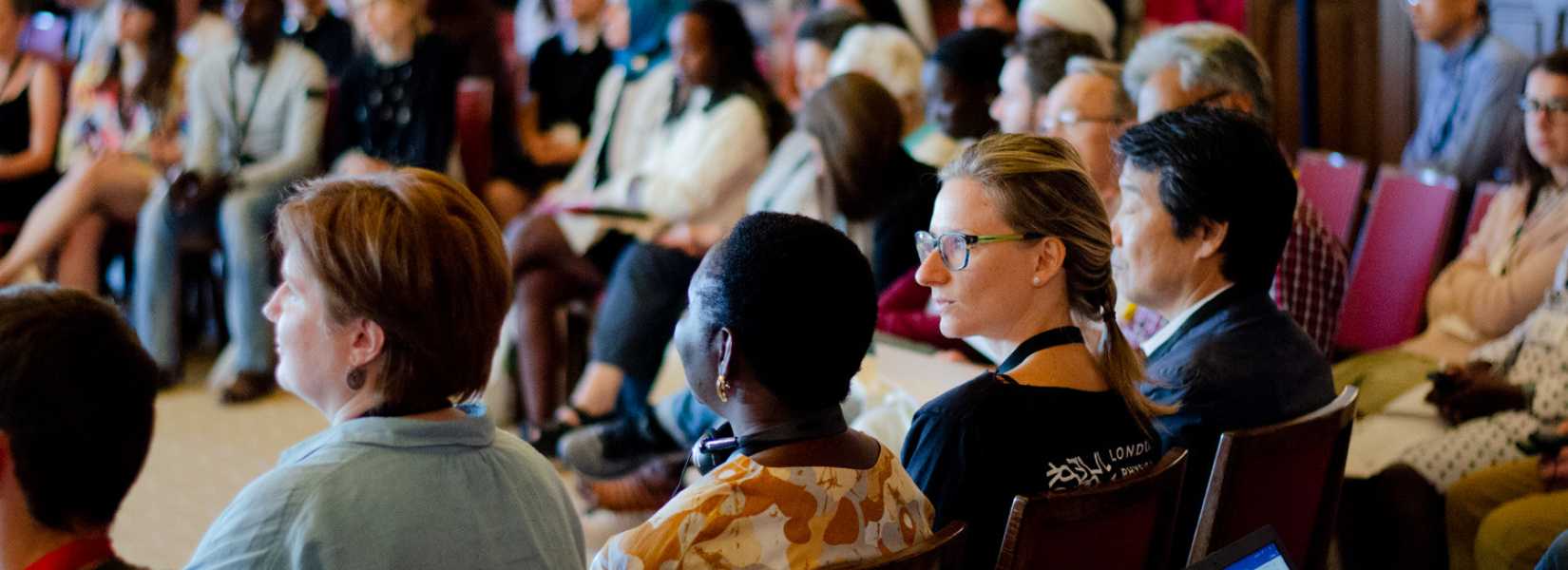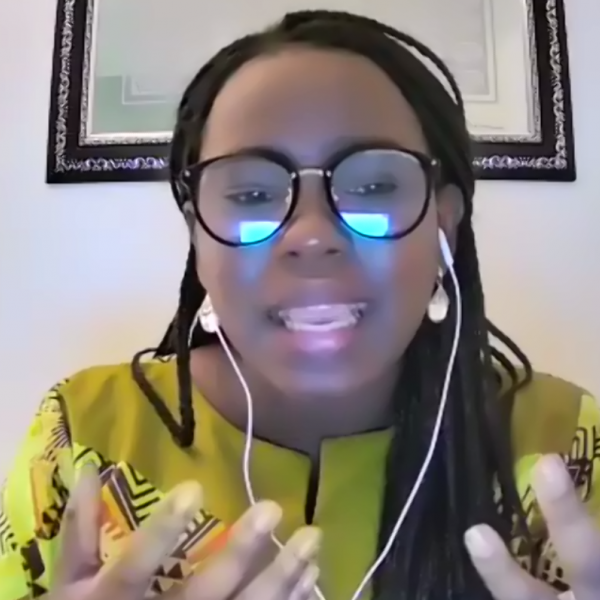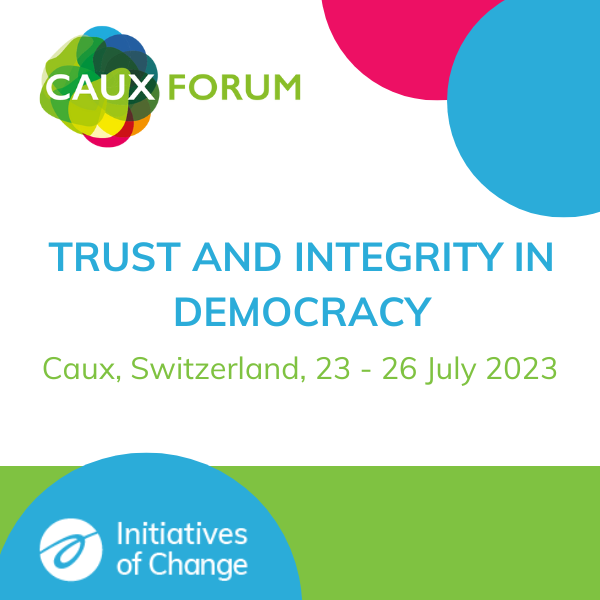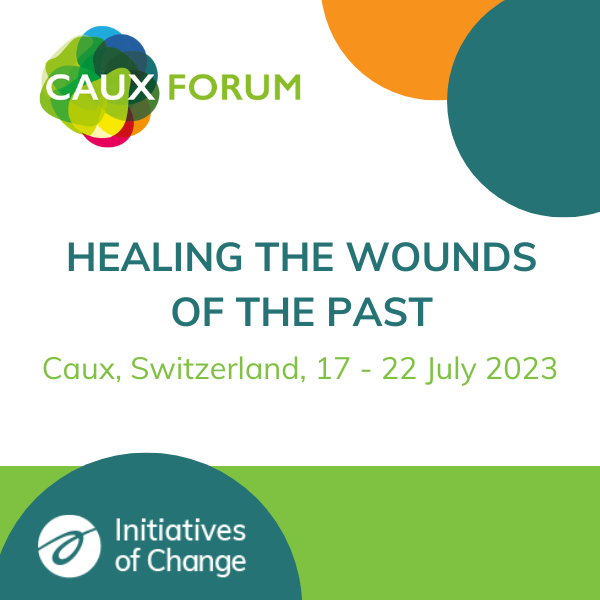Addressing Europe’s Unfinished Business 2018: Day by Day
Caux Forum 2018
27/07/2018
Day 1: 23 July 2018
In these times of great uncertainty and growing distrust between and within countries, there is no place for fatalism. We all have a role to play in steering Europe in a more inclusive and sustainable direction. This was the common message at today’s opening of the conference on Addressing Europe’s Unfinished Business (AEUB). Over 180 participants from 32 countries have gathered in the Caux Palace in Switzerland to seek dialogue, exchange best practices for trustbuilding and find inspiration. ´We have no alternative but to engage in a constructive dialogue,´ said Tatiana Peric, adviser on Combating Racism and Xenophobia for the Organization for Security and Cooperation in Europe. We are entering a period of powershifts, stressed British diplomat and politician Lord Ashdown. ‘The work for a better world is part of the equation for our survival. Don’t leave it to somebody else.’ An inspiring and motivating start to the AEUB!
Day 2: 24 July 2018
Courageous individuals can and do make a difference, as personal stories from Ukraine, Sweden and Turkey showed on day two of the AEUB conference. Journalist Oleksiy Matsuka from Ukraine had been forced to move outside the separatist region, because of threats related to his work on corruption. ‘There is not a journalist in Donbass whose life didn’t change in 2014,’ he said. Through the Donetsk Institute for Information, he provides independent coverage of the war in East Ukraine. ‘We as journalists must not only present facts, but also ask the uncomfortable questions. The most important way to find answers is doubt.’
Former neo-nazi Peter Sundin from Sweden stressed the importance of distinguishing between people and their opinions. Growing up in a nazi environment, he automatically adopted a nazi worldview. ‘At school I was reduced to my opinion,’ he said. ‘I was always nazi-Peter. Never just Peter.’ After a long exit-process he now works to help prevent youngsters committing the same mistakes as he did.
Professor Emel Topcu from Turkey presented heart-warming examples of how civil society is working to help the over 3.5 million Syrian refugees now in Turkey. Her hometown Gaziantep flooded with refugees, who now make up a quarter of the population. Although their arrival led to controversies, there has not been an actual clash, thanks to the work of many citizens and NGOs. ‘What is the meaning of life, if we don’t share?’ she asked.
Day 3: 25 July 2018
Looking ahead to the challenges Europe faces, it is good to realize that there are already so many initiatives taking place to build social cohesion. What can we learn from them? On the third day of AEUB the great hall of the Caux Palace was transformed into a marketplace of 18 initiatives, varying from faith communities working together for sustainability to using theatre to stimulate empathy and change. A Ukranian human rights worker sat at the table of a Dutch Turk who brings the Turkish, Armenian and Kurdish diaspora together, curious about how he facilitates dialogue between them. Other participants asked a Romanian women living in Germany about the impact of the simulation game she uses to address immigration policy. A vibrant exchange of tools, knowledge and experiences forms the core of this conference, and continues through the daily training tracks, during lunchtime and on walks up the mountain.
Day 4: 26 July 2018
Change often starts with the decisions of individuals: the decision to question their beliefs and the worldview with which they grew up; the decision not to feed their hatred, but to find a way to keep their humanity; and sometimes the decision to accept that one stands empty-handed and cannot control everything. On the morning of the fourth day of AEUB, different people told how such decisions can change the course of one’s life and influence the social cohesion of the community.
Diana Damsa, a Romanian who grew up feeling superior to her Roma countrymen, was confronted with her prejudices whilst in India. She felt angry that she had been manipulated to despise Roma for no reason. She made sure that in her future work, teaming up with Roma became a normality. Simona Torotcoi, a Roma from Romania, had always felt ashamed of being a Roma. In her early twenties she started a personal process of fully accepting her identity. She now works for the emancipation of Roma in society and the educational system.
Two days after her father had been killed by an IRA bomb, Jo Berry from the United Kingdom decided she didn’t want to have an enemy. ‘I wanted to understand what happened and what are the roots of violence,’ she said. ‘If I blame someone and make him less human, then I lose my own humanity.’ She and the man responsible for the attack now work together, building bridges for peace.
Day 5 : 27 July 2018
Even more then safe spaces, we need courageous spaces, key-listener Mike Brown from Australia says at the closing plenary of the AEUB conference. As participants describe their experiences, it becomes clear that Caux has been a space of courage this week. A Russian educational worker describes a meeting with people from Ukraine and Belarus. ‘It was not a bubble of coherence,’ he says. ‘I encountered the tremendous amount of pain here.’ Another participant tells how she has written a letter of apology to her father for closing her heart. A Dutch Turk brings good news about the week’s dialogue between Kurds, Turks and Armenians: ‘We have decided to organize ourselves and want to develop a programme.’ All these steps, from the personal to the political, are needed if we want to strengthen social cohesion in Europe. Or as one participant read from her notebook: ‘If you heal yourself, you can heal the world with small babysteps.’































